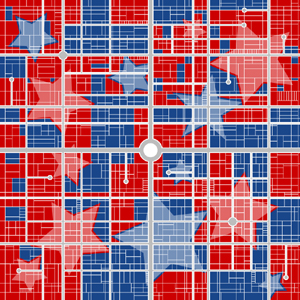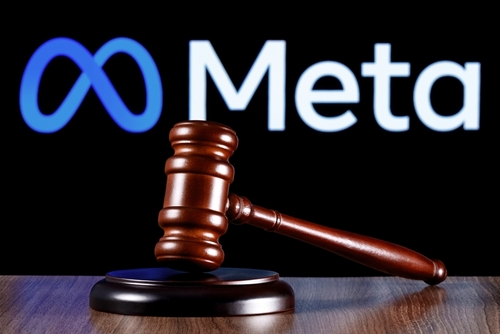Federal courts have no power to decide partisan gerrymandering challenges, Supreme Court rules

The U.S. Supreme Court ruled Thursday that challenges to election districts drawn to benefit a political party are a political issue beyond the reach of federal courts.
The court ruled in a 5-4 decision, with the court’s conservatives in the majority. Chief Justice John G. Roberts Jr. wrote the majority opinion.
“We conclude that partisan gerrymandering claims present political questions beyond the reach of the federal courts,” Roberts wrote. “Federal judges have no license to reallocate political power between the two major political parties, with no plausible grant of authority in the Constitution, and no legal standards to limit and direct their decisions.”
Roberts said the redrawn political districts before the court “are highly partisan, by any measure.” But federal courts don’t have power to intervene under Article III of the Constitution when an issue is entrusted to the political branch of government, he said.
Roberts noted that the elections clause gives state legislatures the power to set the “times, places and manner of holding elections” for members of Congress while also giving Congress the power to “make or alter” any such regulations.
“At no point was there a suggestion that the federal courts had a role to play,” Roberts said. “Nor was there any indication that the framers had ever heard of courts doing such a thing.”
“To hold that legislators cannot take partisan interests into account when drawing district lines would essentially countermand the framers’ decision to entrust districting to political entities,” Roberts said.
Roberts added that bills have been introduced in Congress to reduce reliance on politics in redistricting. Roberts said he wasn’t endorsing any particular bill. “We simply note that the avenue for reform established by the framers, and used by Congress in the past, remains open,” he wrote.
Justice Elena Kagan dissented. “For the first time ever, this court refuses to remedy a constitutional violation because it thinks the task beyond judicial capabilities,” she wrote in an opinion joined by the court’s liberals.
“The partisan gerrymanders here debased and dishonored our democracy, turning upside-down the core American idea that all governmental power derives from the people,” she wrote.
“These gerrymanders enabled politicians to entrench themselves in office as against voters’ preferences. They promoted partisanship above respect for the popular will. They encouraged a politics of polarization and dysfunction. If left unchecked, gerrymanders like the ones here may irreparably damage our system of government.”
The court ruled in cases from North Carolina and Maryland.
The remap in the North Carolina case, Rucho v. Common Cause, benefited Republicans. The remap in the Maryland case, Lamone v. Benisek, benefited Democrats.
Erwin Chemerinsky, law dean at the University of California at Berkeley, has said the cases confront one of the most significant issues confronting American democracy. Partisan gerrymandering has become far more effective with the help of sophisticated computer programs and other techniques, he wrote for ABAJournal.com.
Hat tip to SCOTUSblog for its early coverage of the decision.
Related articles:
ABAJournal.com: “Supreme Court to hear two partisan gerrymandering cases after previous sidestep”
ABAJournal.com: “Chemerinsky: Partisan gerrymandering has returned to the Supreme Court”



